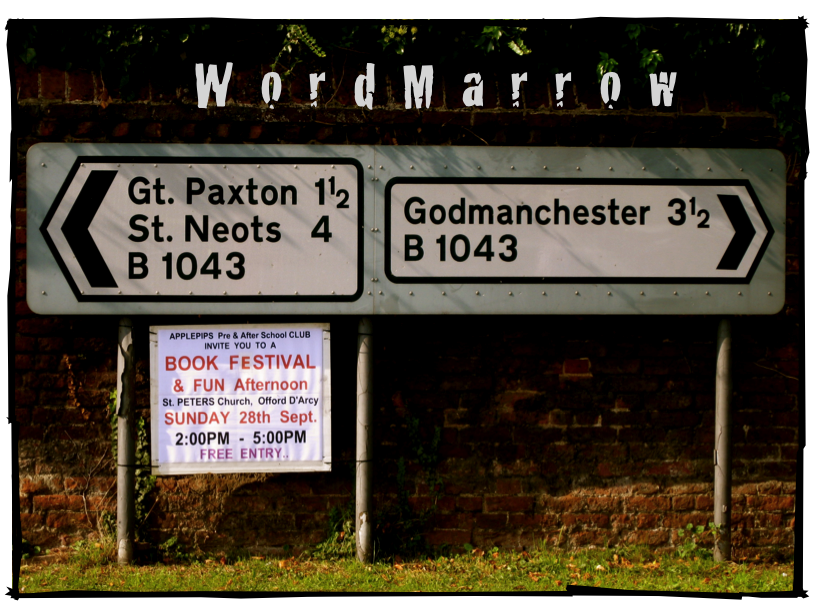Two weekends ago Jonathan and I went to this. It was truly fantastical. And ridiculous, to use one of David Crowder's other favorite adjectives. It was essentially a laboratory of experimental church music from bands that formed to create music unique to their faith community--faith communities being everything from house churches in Denver to church plants in Brooklyn to mega-churches in London.
Here's what I loved. Besides the fantastical music (favorites include The Welcome Wagon, Gungor, The Civil Wars, Mike Crawford and His Secret Siblings, BioFrost Arts, etc.) the general session speakers, workshops, panels, etc. inspired so much creativity and thought. I especially was liberated by their encouragement: to be sensitive to my own faith community's language and experience, making it uniquely ours; to be resourceful and creative with the vocals and musicians we've been given; and to RELAX... our goal is not to be a polished, perfect performance, but to provide a truthful, spirit-filled place where people can worship. This last one is key where I am right now.
As mentioned before, one of the groups that played was Mike Crawford and His Secret Siblings from Jacob's Well in Kansas City. I loved the lyrics to their song "Words to Build a Life On." Because of the more repetitive nature of the melody, it takes on a very Psalm-like quality, but with the building dynamics it becomes a powerful anthem. Thought I'd share the words here (and you can click the above link to listen).
These are words to build a life on
These are Your words how can they be mine
These are words to build a life on
These are Your words I want them to be mine
Blessed are the poor
Blessed are the weak
Blessed are the ones
Who can barely speak
Blessed in your hurt
Blessed in your pain
Blessed when your teardrops
Are falling down like rain
Blessed when you’re broken
Blessed when you’re blind
Blessed when you’re fragile
When you have lost your mind
Blessed when you’re desperate
Blessed when you’re scared
Blessed when you’re lonely
Blessed when you’ve failed
Blessed when you’re beat up
Blessed when you’re bruised
Blessed when you’re tore down
Blessed when you’re used
These are words to build a life on
These are Your words how can they be mine
These are words to build a life on
These are Your words I want them to be mine
Blessed when you’re heartbroke
Blessed when you’re fired
Blessed when you’re choked up
Blessed when you’re tired
Blessed when the plans
That you so carefully laid
End up in the junkyard
With all the trash you made
Blessed when you feel like
Giving up the ghost
Blessed when your loved ones
Are the ones who hurt you most
Blessed when you lose your
Own identity
Then blessed when you find it
And it has been redeemed
Blessed when you see what
Your friends can never be
Blessed with your eyes closed
Then blessed you see Me
These are words to build a life on
These are Your words how can they be mine
These are words to build a life on
These are Your words I want them to be mine
Blessed when you’re hungry
Blessed when you thirst
Cause that’s when you will eat of
The bread that matters most
Blessed when you’re put down
Because of me you’re dissed
Because of me you’re kicked out
They take you off their list
You know you’re on the mark
You know you’ve got it right
You are to be my salt
You are to be my light
So bring out all the flavor
In the feast of this My world
And light up all the colors
Let the banner be unfurled
Shout it from the rooftops
Let the trumpets ring
Sing your freaking lungs out
Jesus Christ is King!
Jesus is my Savior
Jesus is divine
Jesus is my answer
Jesus is my life
These are words to build a life on
These are Your words how can they be mine
These are words to build a life on
These are Your words I want them to be mine
Give us ears that we may hear them
voice that we may sing them
life that we may live them
hope that we may give them
hearts that we can feel them
eyes that we can see them
thoughts that we may think them
tongues that we may speak Your words




